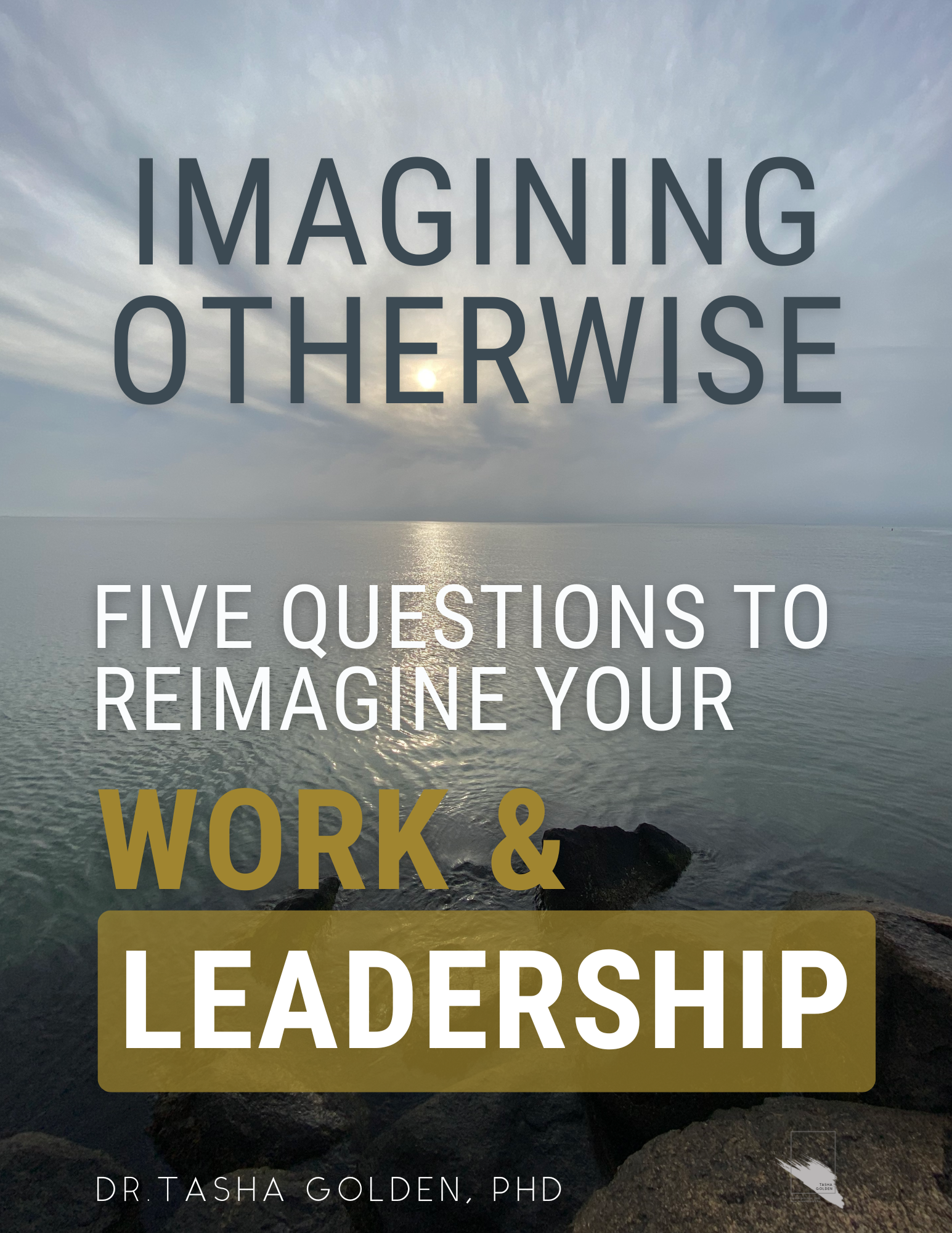Creativity Begins with Refusal: Finding Power in Difficult Emotions
The very human emotions of grief, rage, and fear are often vital messengers. They can tell us a lot about what we value, and what we refuse to accept. They also often highlight our ability to imagine how things could or should be, in contrast to how they are.
For this reason, they're often where creativity begins.
I wrote about this concept — which I call the “Art of Refusal” — in Psychology Today… and recently talked about it with leadership expert Mike Ettore on his Fidelis Leadership Podcast:
As I noted in this clip, challenging moments often signal the beginning of a creative process. They illuminate the gap between our current reality and what we can imagine. Our distress or discomfort with "what is" becomes a catalyst for creating "what could be."
The truth is, if we think everything in the world is fine, fixed, or inevitable, we don't create.
We create when we refuse to believe that "this is just how it is." When we imagine that things can be otherwise.
In other words: All creativity begins with Refusal.
Caveat: No Magic Bullet
I want to be clear: the fact that difficulty can lead to creativity doesn't make challenging emotions feel great. It doesn't make terrible circumstances okay. It certainly doesn't mean we should rush to "get over" our grief so we can get on with creating.
So what’s the point?
The concept of Creative Refusal reminds us that there is a Next.
It affirms that we indeed have this grief to honor, this fear to feel, this rage to process…
… AND. We also have whatever these emotions point us toward.
I’ll be honest: what our emotions point to may not be beautiful or inspiring. It may simply be a stark sense of justice, of purpose, of will. Of a needed and possible change.
Regardless, there's creativity in it. A sense of forward motion that keeps us here, (re)imagining who we are and what we can do.
A creative Reframe
The concept of refusal as a creative catalyst has been central to my work with leaders who are navigating (or instigating!) change. Of course, creative refusal doesn’t require difficulty! It often emerges from inspiring connections or exciting “aha” moments that shed light on how something could or should be different.
But. When we do face challenges, the way we frame our experience will shape how we move within it — and where we end up.
In the midst of difficult emotions, the concept of creative refusal is a frame that can help us recognize emotions as messengers or guides rather than just unwelcome hassles we have to repress or plow through.
It also helps us honor the difficulty we’re experiencing as real and important, while staying curious about how it might be a starting point for imagination and innovation.
In short, recognizing that creativity is rooted in refusal offers a form of cognitive reappraisal that can shift how we perceive and contextualize ourselves, our situations, our feelings, and our next steps.
Want to explore this concept further?
▪️ My article "The Art of Refusal" in Psychology Today digs into the research and practice behind these ideas, and offers practical steps for moving from Refusal to Action.
▪️ For a guided process, download "Imagining Otherwise: 5 Questions to Reimagine Your Work and Leadership” — a FREE workbook I created based on my research and work. Its 5 questions have helped my clients break through limiting stories and see new possibilities, often in the midst of chaos.
What are you refusing today—
—and what might that refusal help you create?


